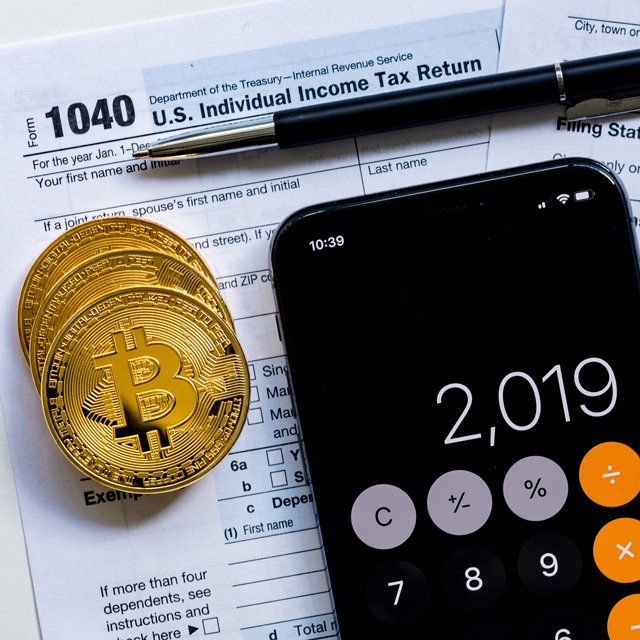IRS Sets Out New Digital Asset Filing Guidelines

For the 2022 tax year it asks: “At any time during 2022, did you: (a) receive (as a reward, award or payment for property or services); or (b) sell, exchange, gift or otherwise dispose of a digital asset (or a financial interest in a digital asset)?”
Everyone who files Form 1040, Form 1040-SR or Form 1040-NR “must check one box, answering either ‘Yes’ or ‘No’ to the digital asset question,” the IRS explained, “not just those who engaged in a transaction involving digital assets in 2022.”
The IRS states that a taxpayer must check “Yes” if they:
Received digital assets as payment for property or services provided;
Transferred digital assets for free (without receiving any consideration) as a bona fide gift;
Received digital assets resulting from a reward or award;
Received new digital assets resulting from mining, staking and similar activities;
Received digital assets resulting from a hard fork (a branching of a cryptocurrency’s blockchain that splits a single cryptocurrency into two);
Disposed of digital assets in exchange for property or services;
Disposed of a digital asset in exchange or trade for another digital asset;
Sold a digital asset; or
Otherwise disposed of any other financial interest in a digital asset.
Employees paid with digital assets must also report the value of assets received as wages, the IRS said.
When to check ‘No’
A taxpayer “who merely owned digital assets during 2022 can check the ‘No’ box as long as they did not engage in any transactions involving digital assets during the year,” the IRS said.
“No” can also be checked, the IRS continued, if their activities were limited to one or more of the following:
Holding digital assets in a wallet or account;
Transferring digital assets from one wallet or account they own or control to another wallet or account they own or control; or
Purchasing digital assets using U.S. or other real currency, including through electronic platforms such as PayPal and Venmo.




